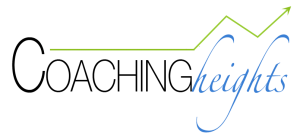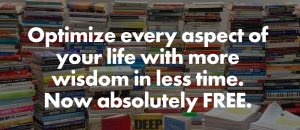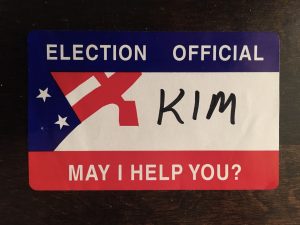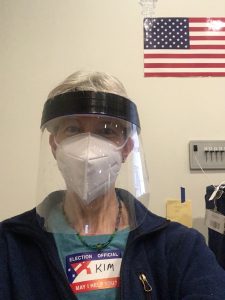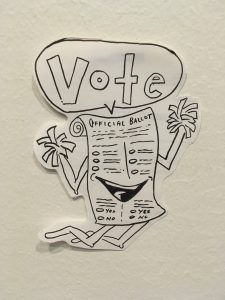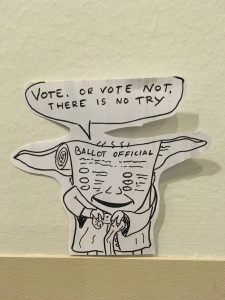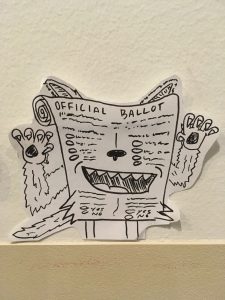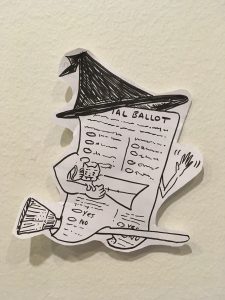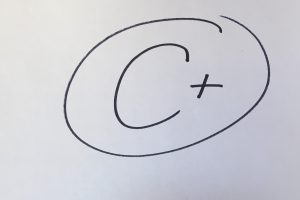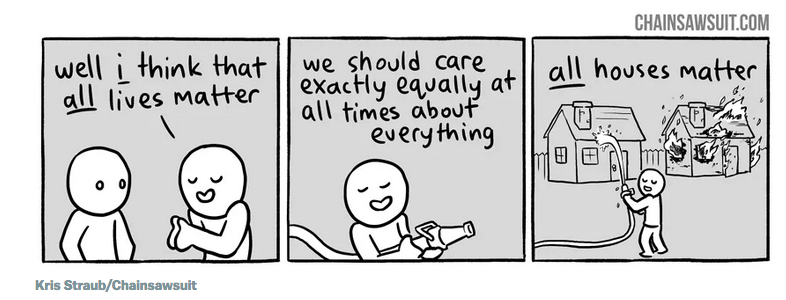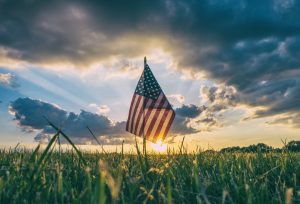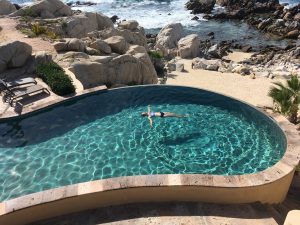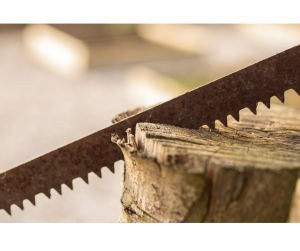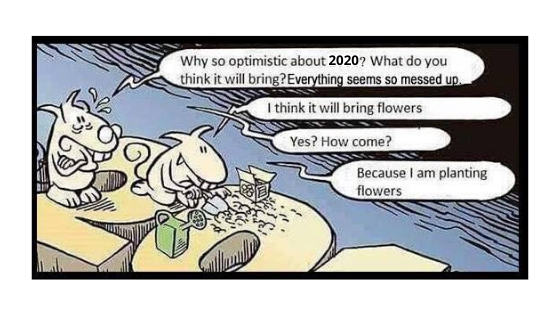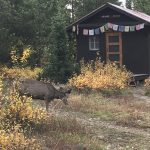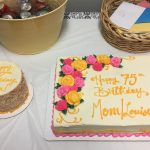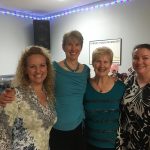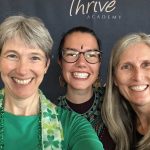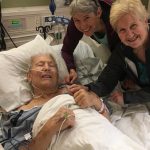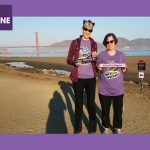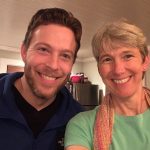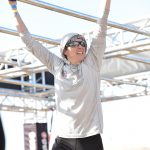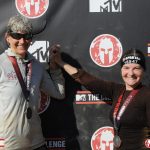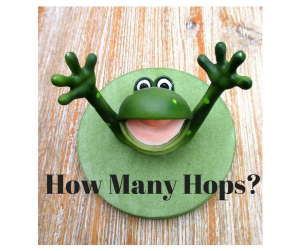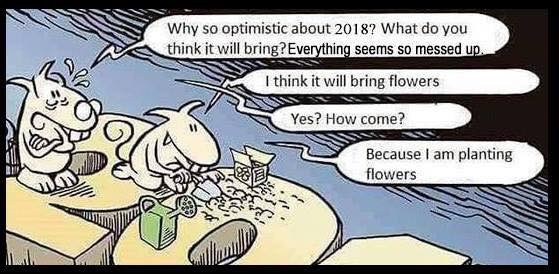Five years ago, when I went to my last college reunion, I had an imposter-syndrome induced meltdown. I was surrounded by classmates who were doing such amazing things with their lives: US Senator Cory Booker, Congressman Ted Lieu, California Supreme Court Justice Goodwin Liu, doctors saving lives (too many to mention, but including both my freshman roommates, Marlene and Liz), Olympic athletes, high tech geniuses, CEOs, CFOs, inventors, entrepreneurs. You name it, there was someone in my class who could claim that title. And they all seemed to have gorgeous families, big houses, fancy cars, and generous salaries – none of which I did. Never mind that I didn’t actually want most of those things. For some reason, that reunion really triggered me.
I was attending reunion activities at night, and during the day participating in a workshop for coaches and holistic practitioners building their businesses. At the workshop we were talking about how to position ourselves in a way that would let people know about our expertise, and I stood up and said I didn’t see what I’d done in my life that was relevant to positioning, and then burst into tears. The leader of the workshop said, “Didn’t you do your undergrad at Stanford? And didn’t you earn your PhD? How can you think those don’t count? And that’s just for starters!” By the end of the weekend they had convinced me that my PhD was something to be proud of, and worth sharing with people.
But back at the reunion, I still cringed every time I chatted with a classmate I hadn’t seen in a while and the first question was almost always related to what I was doing for work. Don’t get me wrong! I loved what I was doing for work: building my coaching business, working in the Exum Mountain Guides office and at Sac State’s College of Continuing Education. Everything I did was so hard to explain, though, and didn’t seem to fit into the “Stanford path” that I thought everyone else was on – but me.
Fast forward to October of 2021. Despite the painfulness of the reunion five years earlier, I was ready to go back. I wanted to see my good friends, be on campus again, and reconnect with people after COVID. It was an entirely different experience. Not only were we five years older, but we’d all lived through, and are still living through, the first pandemic any of us have ever experienced. It’s made many people question their priorities (those who are privileged enough to not be in survival mode) and that was evident with every conversation I had.
Instead of starting out with some version of, “What do you do?” people asked where you were living, or where you’d lived when you were at Stanford (the best way to help our middle-aged brains remember where we might know someone from). And then people wanted to know, “How are you? How is your family?” They really wanted to know; it wasn’t a superficial starter question.
Once you’d talked about those things, you might get around to talking about what you did for work. Those conversations took two paths – either people were happy with the work they were doing, feeling that it used their skills well and made a difference for the world, or they were ready to pivot. Especially the doctors – they’re so burnt out by what they’ve been through, not only with COVID, but everything that the health care system has become over their careers.
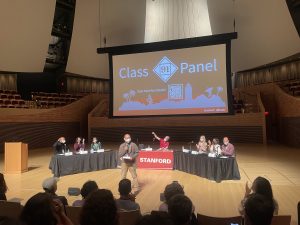 Our Class Panel reflected this trend, featuring six classmates sharing their reflections on life during the pandemic. The panel organizers purposely hadn’t picked “famous” classmates, but people who were willing to share genuine, raw, honest stories. One classmate, Myriam P., was one of these doctors. She’d gone to med school, become a pediatrician, created programs to help underserved kids, and was earning awards and accolades for her efforts. But one day her own children called her at work – something they were only supposed to do if it was an emergency. She picked up the phone, and her oldest, who was 9 years old, asked her, “Mommy, why do you love other kids more than us?”
Our Class Panel reflected this trend, featuring six classmates sharing their reflections on life during the pandemic. The panel organizers purposely hadn’t picked “famous” classmates, but people who were willing to share genuine, raw, honest stories. One classmate, Myriam P., was one of these doctors. She’d gone to med school, become a pediatrician, created programs to help underserved kids, and was earning awards and accolades for her efforts. But one day her own children called her at work – something they were only supposed to do if it was an emergency. She picked up the phone, and her oldest, who was 9 years old, asked her, “Mommy, why do you love other kids more than us?”
Her heart stopped; the breath was knocked out of her. Her son was right. She was a good doctor – a great doctor, even. But she was not being a good mom, or a good wife. She was neglecting the things that were most important to her, including her health. She took time off from her practice, something you don’t do in medicine because not only is that a sign of weakness, but your already overworked partners have to cover for you. But she knew she had to do it. She got therapy for her burnout and depression. She started rethinking her priorities and found a way to return to her practice, but in a sustainable manner. Her stepping away allowed all of her colleagues to come to terms with the futility of how they were trying to work, and recreate a way to not only do what they loved, but be there for the people they loved – and themselves.
I’m grateful to Myriam and the other panelists for sharing their stories, and to all my classmates for what seemed to be a collective realization about the things that matter most. Those things aren’t – and never have been – how much money you make, the title you have, or the car you drive. It’s about taking care of yourself so you can be fully present with the people in your life, and use your skills to make the biggest positive difference. That’s what leads to a life well lived.
Even though one classmate joked that this is the “family that always makes you feel like an imposter” (clearly I’m not the only one who has felt this way), there was no positioning or posturing at this reunion. No one was trying to impress anyone. There was genuine interest and real connection, and for that, I’m exceedingly grateful.
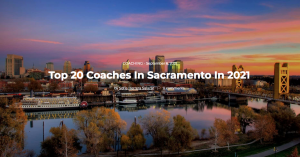 And with that, I want to share something I’m proud of, because it is something that I love and where I believe I can make a meaningful difference in people’s lives. I was named as one of the Top 20 Coaches in Sacramento by Influence Media. And this – like I finally did with my PhD – is a title I’m going to share. (Click here to read the article.)
And with that, I want to share something I’m proud of, because it is something that I love and where I believe I can make a meaningful difference in people’s lives. I was named as one of the Top 20 Coaches in Sacramento by Influence Media. And this – like I finally did with my PhD – is a title I’m going to share. (Click here to read the article.)
P.S. – You can now join Optimize and get all of their amazing content for free! A lifetime membership used to be $250, but they are giving it away as part of their mission to help 51% of the world’s population flourish by the year 2051. You can read more about it and sign up here.
I’m certified as an Optimize Coach and joining Optimize has helped me up my game in so many ways – prioritize sleep and health, positively shift my attitude, get clarity on my goals, start my own Optimize Your Life to Be Your Best Self coaching group program. This is an amazing gift and I highly encourage you to take advantage of it, whether you watch one video, read a few Philosopher’s Notes, or dive deeply into all of it!
